The symposium will focus on Korea and Eurasia from the thirteenth to sixteenth centuries and highlight thematic approaches that resonate with other places and periods. The symposium features scholars interested in integrating early modern Korea into regional and global narratives. Their projects weave together Mongolian, Ming, Koryŏ, and Chosŏn histories or provide interdisciplinary perspectives on comparative issues related to statecraft, diplomacy, and culture.The morning session is a roundtable featuring the authors of three new books Korea’s interactions with the Eurasian continent. The afternoon sessions feature presentations on current research by scholars based in the Los Angeles area.This event is an effort to build a field and a community around histories of early modern Korea that are engaging and exciting to more than fellow specialists. It will be an opportunity to exchange ideas, explore new perspectives, and foster collaborative research efforts. We invite all interested scholars and researchers to participate in this event and contribute to the growth of the field of early modern Korean history.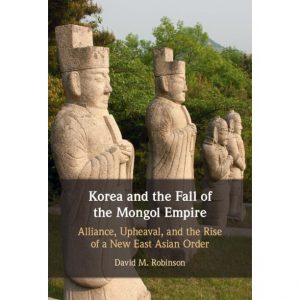
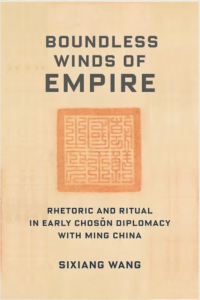
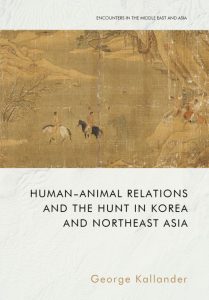
Location: Royce Hall 314, UCLA
Time: 10:00 AM–11:30 AM, Los Angeles Time
Date: May 26th, 2023
Please join David Robinson, George Kallander, and Sixiang Wang for a roundtable discussion featuring their three new books on Korea and Early Modern Eurasia. They will be joined by KOH Choon Hwee, Assistant Professor of Ottoman History at UCLA
Roundtable Speakers
David M. Robinson Robert H.N Ho Professor in Asian Studies, Professor of History, Colgate University. He is a historian of early modern East Asia, most especially China and Korea. His most recent book Korea and the Fall of the Mongol Empire: Alliance, Upheaval, and the Rise of a New East Asian Order (Cambridge University Press, 2022) traces how King Gongmin of Korea navigated the single greatest geopolitical transformation of the world in the fourteenth century to rethink rulership and alliances in East Asia. His current project explores ability and difference in the realm of war and military institutions in early modern China.
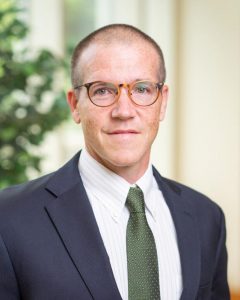
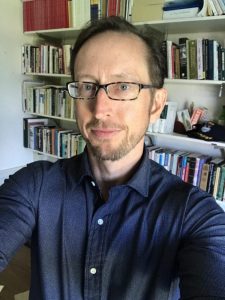
George Kallander is Professor of History at Syracuse University, where he is also Director of the East Asia Program at the Moynihan Institute. His book Human-Animal Relations and the Hunt in Korea and Northeast Asia (Edinburgh University Press, 2023) focuses on animals and hunting in Korea from the 1270s until 1506. During this period, Korean statesmen expanded their influence over people and the environment, and human–animal relations became increasingly significant to politics, national security and elite identities.
Sixiang Wang is a historian of Chosŏn Korea and early modern East Asia. He teaches courses in Korea’s premodern history as well as the history of cultural and intellectual interactions in early modern East Asia. His forthcoming book Boundless Winds of Empire (Columbia University Press, 2023) is a cultural history of diplomacy that traces Chosŏn’s rhetorical and ritual engagement with China. He is an assistant professor in the department of Asian Languages and Cultures, UCLA
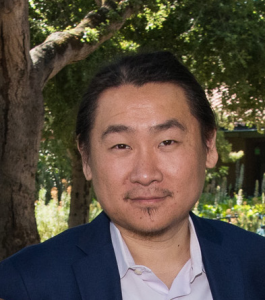
Moderator and Discussant
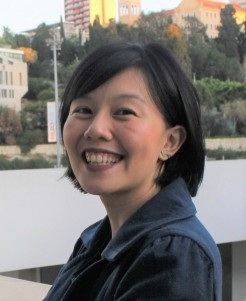
KOH Choon Hwee is assistant professor of Ottoman history at UCLA. She studies the history of the Ottoman empire through its horse-run relay postal system. Her work has appeared in Past & Present and Comparative Studies in Society and History. She plays the darbouka drum with UCLA’s Ottoman music ensemble which will be holding a free public concert at the Schoenberg Hall in June 2023.